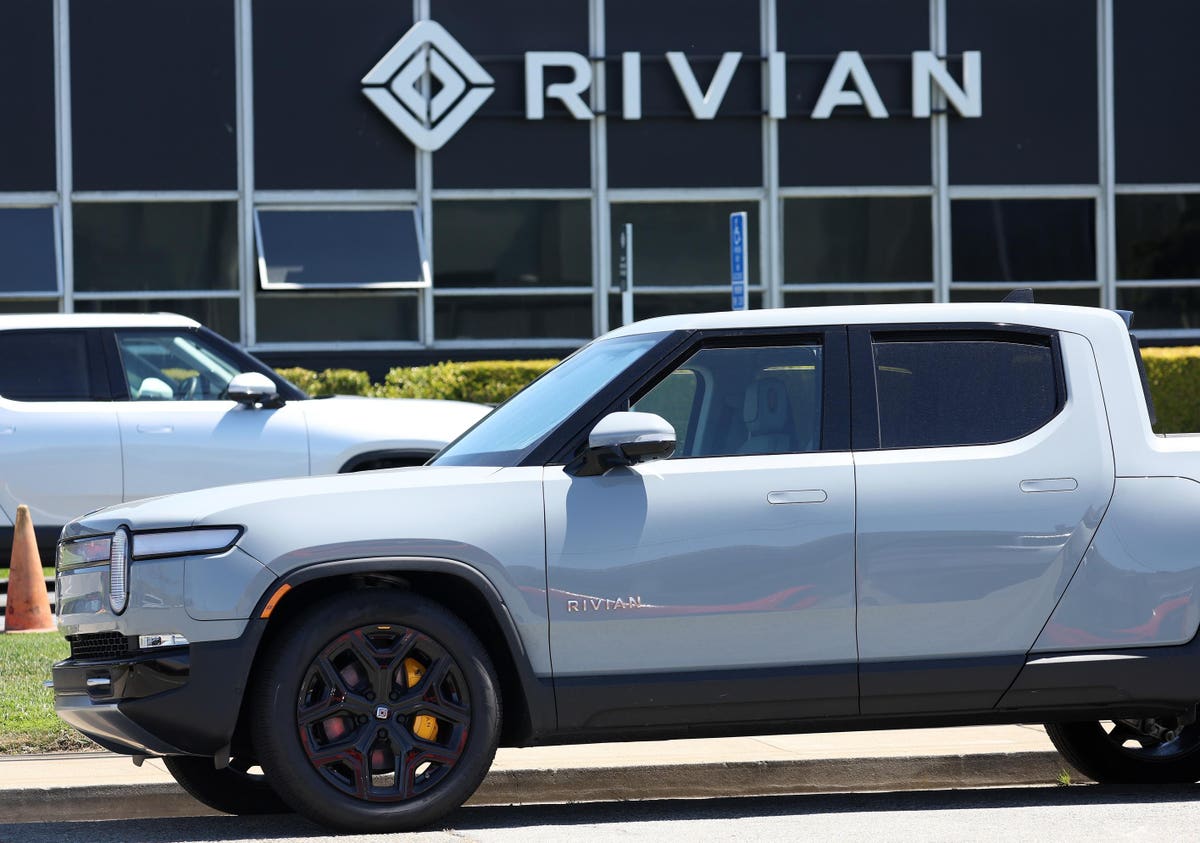Electric pick-up startup Rivian stock (NASDAQ
NDAQ
Interestingly, Rivian has had a Sharpe Ratio of -0.6, lower than 0.6 for the S&P 500 Index over the same period. This also falls short of the Sharpe of 1.2 for the Trefis Reinforced Value portfolio. Sharpe is a measure of return per unit of risk, and high-performance portfolios can provide the best of both worlds.
Although we were negative on Rivian stock when the company went public in November 2021 due to its lofty valuation, which at one point stood at over $130 per share (translating into a $100 billion-plus market cap), we think the stock is good value at current levels of about $22 per share. Rivian has proven its product development skills, with the R1T truck being awarded the coveted 2022 MotorTrend Truck of the Year, with the publication noting that it was “the most remarkable truck” it has driven. The company’s ongoing partnership with Amazon
AMZN
Want exposure to the electrification of the automotive industry, without picking individual EV brands? Check out our theme on EV Component Supplier Stocks for a list of companies that stand to benefit from the big EV transition. The theme remains up by 19% this year.
Invest with Trefis Market Beating Portfolios
See all Trefis Price Estimates
Read the full article here













Leave a Reply